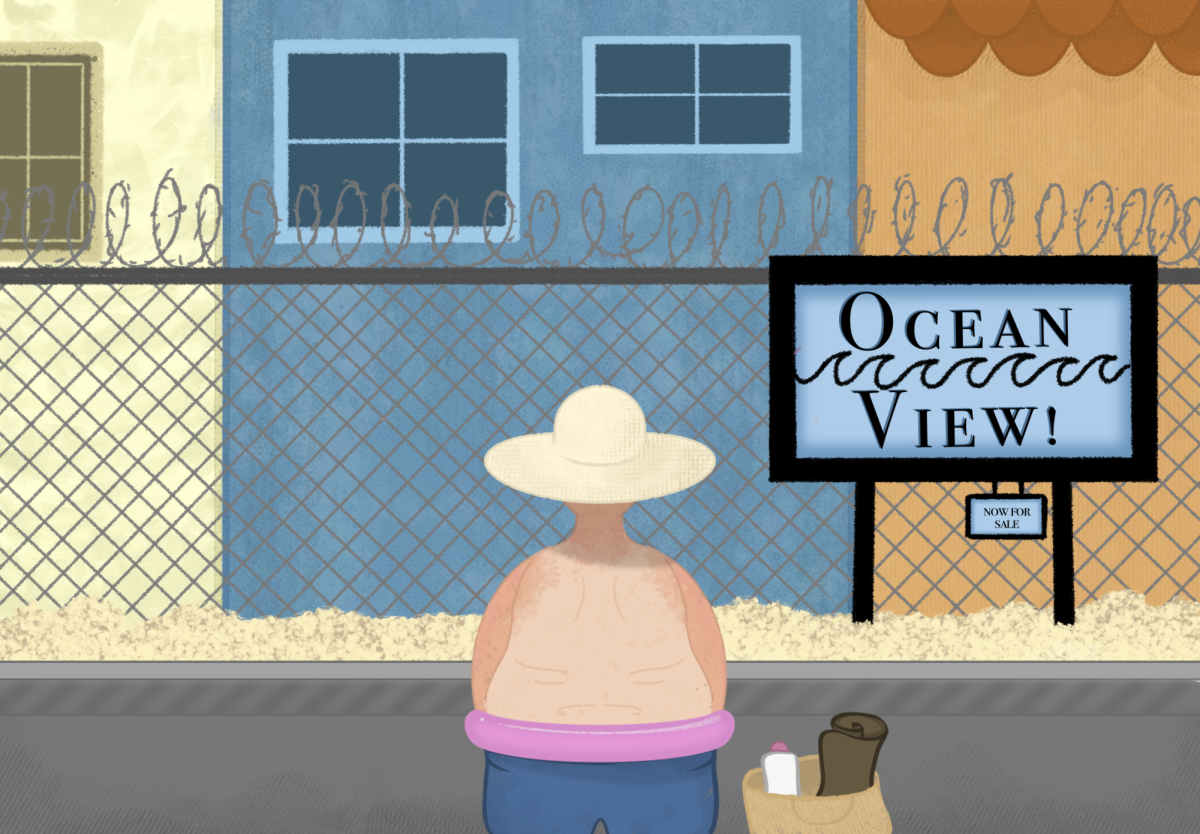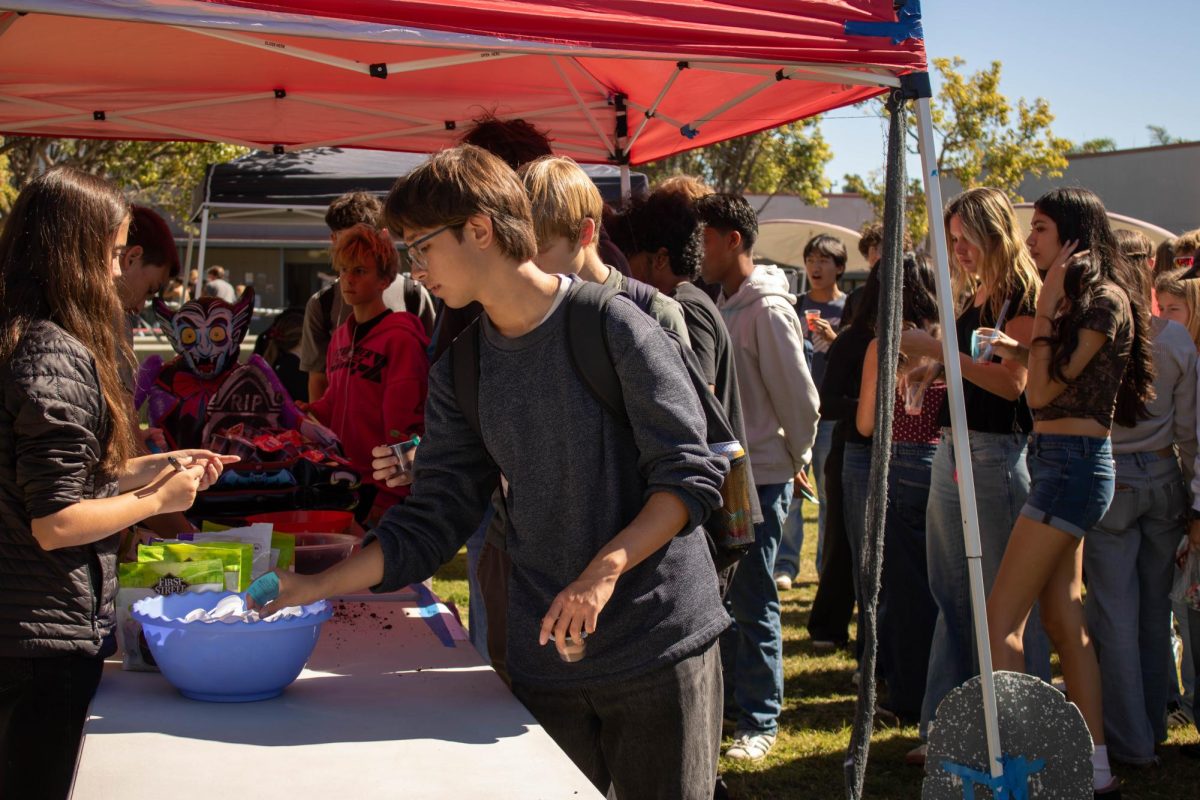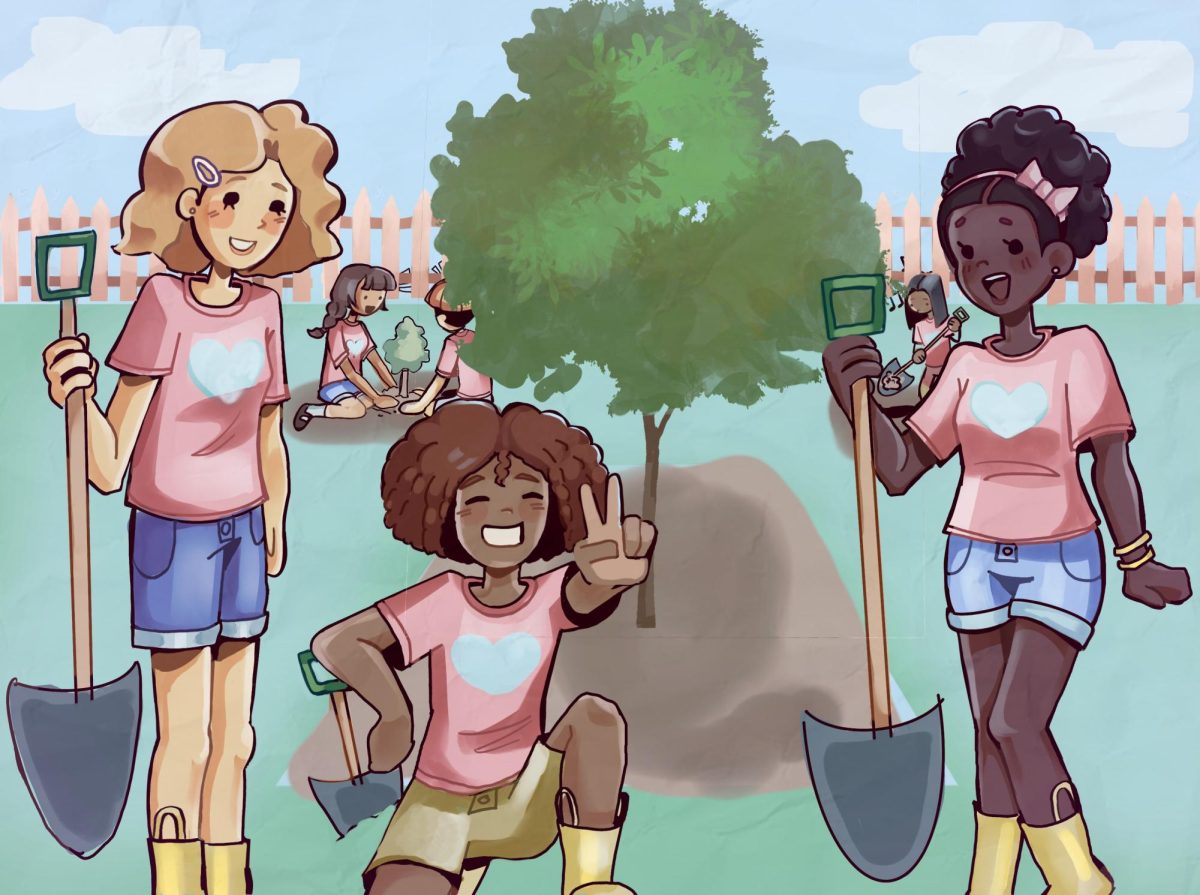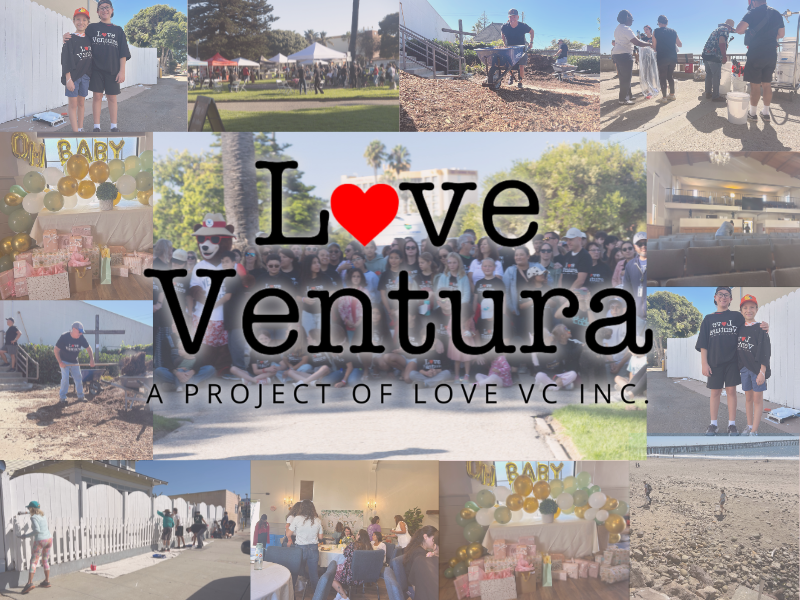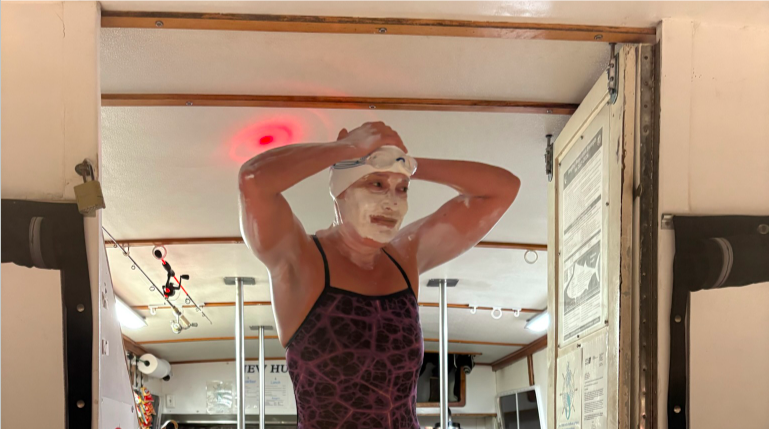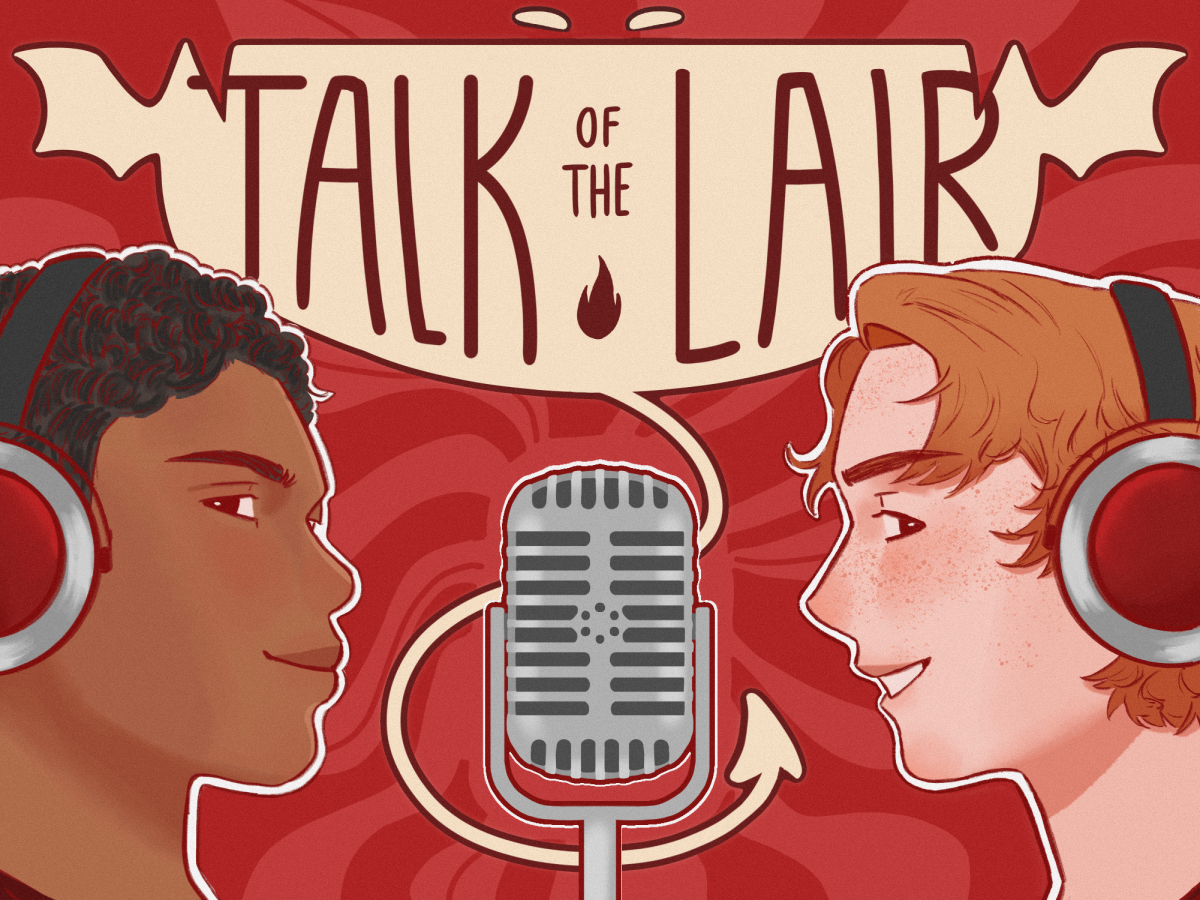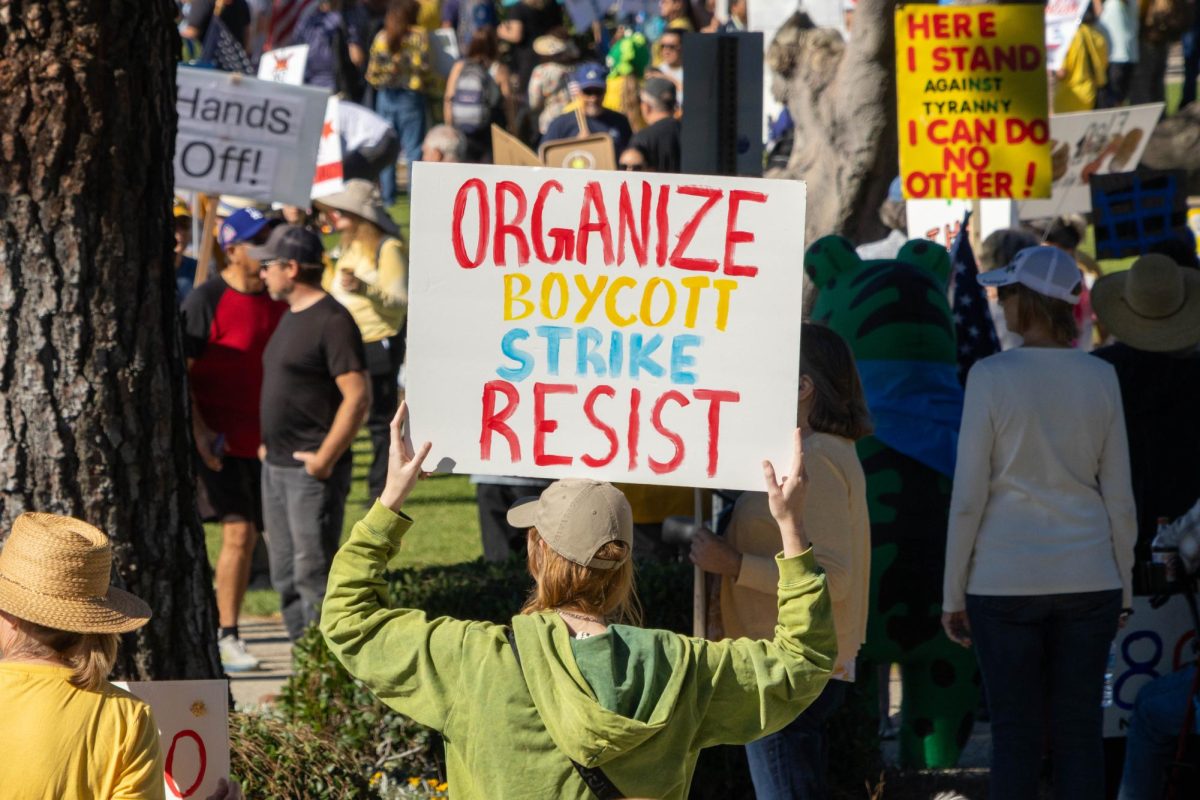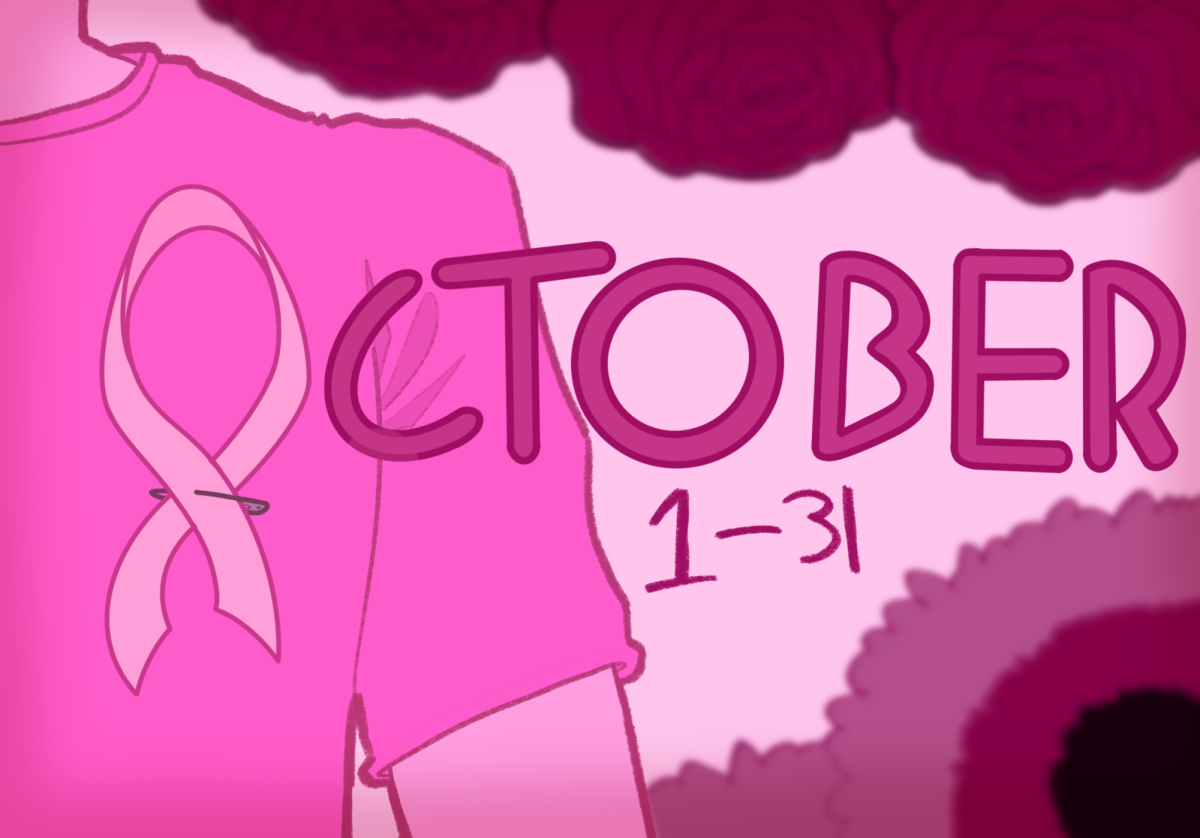With the increase of new apartment buildings and townhomes around Ventura, Calif., gentrification has continued to be a rising issue, especially for communities like the Westside. Gentrification, as defined by the Merriam-Webster dictionary, is a process in which a neighborhood experiences an influx of wealthier people moving in and renovating housing. As a result, house and property prices increase, displacing the prior residents.
Ventura is one of the most expensive places to live, with the median home price in December 2024 at around $935,000, as recorded by Realtor.com. In March of 2024, the National Association of Realtors reported that Ventura was one of the most unaffordable housing markets in the nation. “23,937 low-income renter households in Ventura County do not have access to an affordable home,” according to a 2024 Ventura Affordable Housing Needs Report by the California Housing Partnership.
With such a desirable location, more and more people are looking to buy property in Ventura, leading to an increase in new apartment buildings and houses around the city. For the people who have lived in Ventura for a long time but cannot afford to buy a home in this market, the increase in housing prices is threatening to displace them.
Gentrification has particularly become an issue for the predominantly working class and immigrant community of Ventura’s Westside. New, modern apartment buildings have been developed along Ventura Avenue, displacing these long-term residents and forcing them out of their homes. The Westside is an integral part of Ventura’s history, and the lower-income, working-class residents are the backbone of our community. While bringing in wealthier residents and developing new housing may have economic benefits or make an area more aesthetically pleasing to some, it is the people who have lived here for generations and have fought against continuous racial and economic discrimination who deserve the opportunity to claim their home as their own.
In a study conducted by the National Library of Medicine, researchers found that “living in a gentrified and upscaled neighborhood was associated with increased likelihood of serious psychological distress.” The data sources from this study, taken from the California Health Interview Survey (CHIS), pooled an initial sample from 104,209 adults from six different counties in Southern California, one of which was Ventura County. Gentrification impacts not just the exterior of a neighborhood or a city, but deeply affects the people who face the brunt of it on many levels.
As more people look to Ventura to call their new home, gentrification will inevitably increase, and subsequently, housing prices and the displacement of lower-income families. Going forward, it is imperative that there is advocacy and representation for the people affected, who deserve the right to affordable housing.


